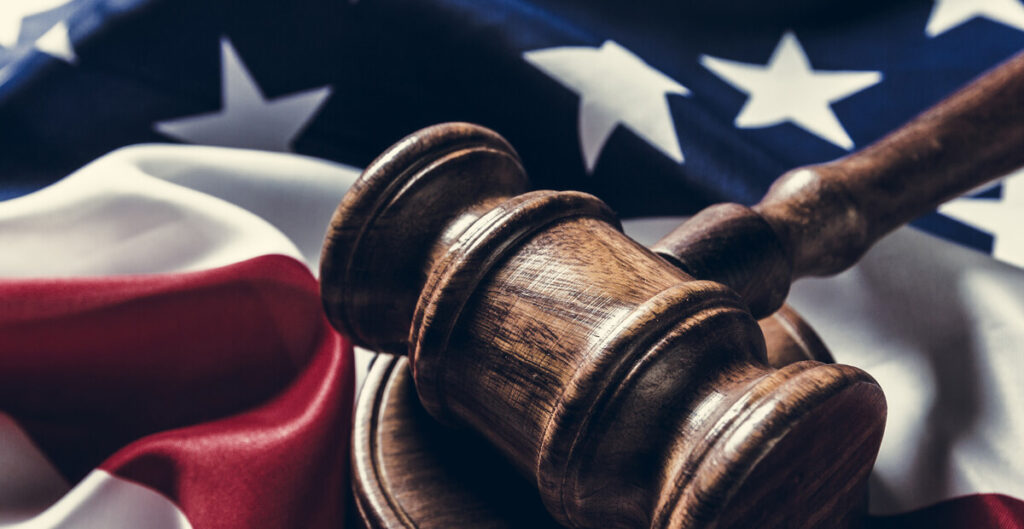Individuals with security clearances, whether that be a Top Secret (TS), Top Secret–Special Compartmentalized Information (TS-SCI), or Secret, are obligated to disclose information on a periodic basis to have their clearance re-evaluated. The information can range from rather benign topics such as changes in address or travel to foreign countries, to more personal topics such as arrests and other involvement with the legal system. Many clearance holders think disclosing their legal history will automatically cause them to lose their clearance since you not only have to report convictions, but also arrests. This is far from the truth. It is important that if you are in this situation, that you know what, when, and who to report your actions to so you can have the best chance at saving your clearance and career. So, what should you do if you are arrested at some point between your security clearance renewal investigations?
The worst thing someone with a clearance can do is act like the arrest didn’t happen and have the security officers find out on their own. If this happens, not only will you be fighting to overcome the arrest and the underlying conduct that led to the arrest, but also a personal conduct violation for failing to disclose this information. When a clearance is granted, the government is reposing special trust and confidence in that person, and accordingly, that person has an obligation to keep their security manager apprised of any potential concerns, regardless of how minor they may seem.
Each case and each type of arrest will have different extenuating and mitigating factors to consider.







